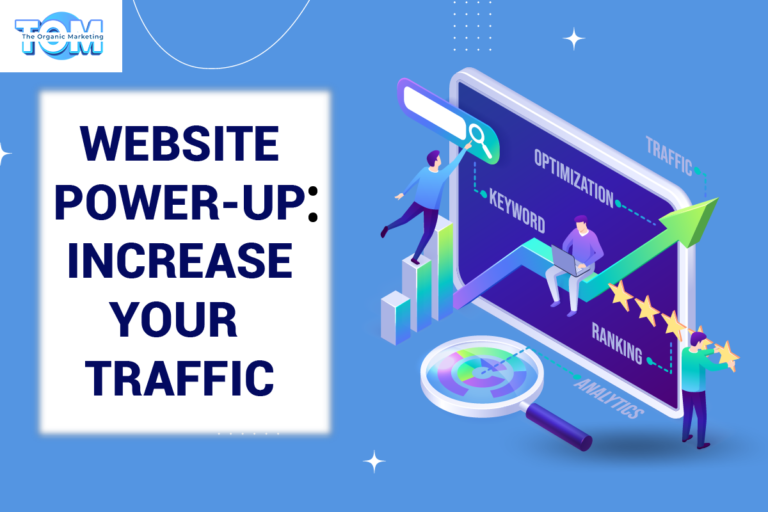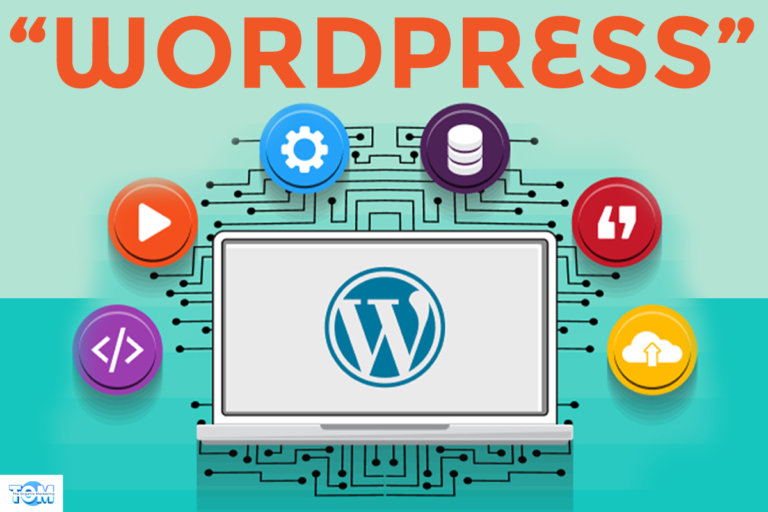How to Successfully Take Your Business Online
The digital age has greatly accelerated the evolution of the present-day business landscape. Today, both startups and established companies must take into account the shift from traditional offline business strategies to a strong online presence. We will examine the essential stages to successfully bringing your offline business online in this blog.
What Role Does eCommerce Play for Retailers?
In recent years, e-commerce has emerged as an essential tool for retailers. Businesses must have an online presence since the move to digital platforms has given rise to a new generation of customer behavior. Consumers are increasingly using the internet nowadays to find products and services, do their research on them, and make purchases. To remain competitive in a market that is always changing, sellers must make this transition.
Why Move an Offline Business Online?
Online businesses expand because of their accessibility to a worldwide client base, fresh growth prospects, and flexibility in responding to shifting consumer trends. Due to the forced closure of many physical stores due to the COVID-19 epidemic, companies with established online presence were able to continue servicing existing customers and bringing in new ones.
Factors to Consider Before Moving an Offline Business Online
- Define Your Online Goals: Determine what you want to achieve with your online presence. Whether it’s increased sales, brand visibility, or customer engagement, clear goals will guide your strategy.
- Create a Professional Website: Your website is your digital storefront. Invest in a well-designed, user-friendly website that reflects your brand and makes it easy for customers to find and purchase your products or services.
- Secure Domain Name and Hosting: Choose a memorable domain name and reliable hosting service for your website.
- Ecommerce Platform: Select a suitable ecommerce platform that meets your specific business needs. Magento, WooCommerce, and Shopify are all well-liked choices.
- High-Quality Content: Create engaging and informative content that showcases your products or services. High-quality images and product descriptions are essential.
- Payment Processing: Set up secure and user-friendly payment processing options for online transactions.
- Shipping and Fulfillment: Plan how you will handle shipping and fulfillment. This includes choosing shipping carriers, determining shipping costs, and implementing efficient logistics.
- Legal and Regulatory Compliance: Ensure that your online business complies with all legal and regulatory requirements, including taxes, privacy policies, and terms of service.
- Marketing Strategy: Develop a comprehensive online marketing strategy, encompassing SEO, social media, email marketing, and paid advertising.
- Customer Support: Implement responsive customer support channels to address inquiries and issues promptly.
How to Move an Offline Business to Online
- Make Your Website User-Friendly: Your website is your online shop. Ensure that it is user-friendly, mobile-responsive, and well-organized. Make it easy for customers to navigate, find products, and complete purchases.
- Search engine optimization: Use SEO recommended practices to increase the visibility of your website in search engine results. This covers meta tags, keyword optimization, and excellent content.
- Leverage Social Media: Establish a strong social media presence on platforms relevant to your business. Use social media to engage with customers, promote products, and build brand awareness.
- Email Marketing: Create and maintain an email list to stay in touch with your clients. To keep them interested, provide frequent updates, promotions, and interesting information.
- Google My Business: Utilize Google My Business, a powerful tool that allows you to manage your business’s presence on Google Search and Maps. This tool enables you to update your business information, respond to customer reviews, and post updates about your business.
- Online Advertising: Consider using online advertising options such as Google Ads, Facebook Ads, or Instagram Ads to increase your online visibility and attract potential customers.
- Content Marketing: Create and share valuable content such as blog posts, videos, and infographics related to your products or services. Content marketing can help establish your business as an authority in your industry.
Benefits of Shifting Your Offline Business to Online
- Increased Reach: One of the most significant advantages of moving your offline business online is the ability to reach a much broader audience. Your business is not limited by geographical constraints, allowing you to attract customers from different cities, regions, and even countries.
- Cost Savings: Operating an online business often involves lower overhead costs compared to a physical store. There’s no need for rent, utilities, or physical inventory storage. Higher profit margins may result from this cost effectiveness.
- Convenience for Customers: Online businesses provide a convenient shopping experience for customers. They can browse and purchase products or services from the comfort of their homes, at any time of day or night.
- Data Insights: Online businesses can gather valuable customer data, which can be used to tailor marketing efforts and improve customer experiences. This data-driven approach allows for better decision-making and more targeted marketing.
- Scalability: Online businesses are highly scalable. As your business grows, you can easily expand your online presence to accommodate increased demand.
Risks of Taking Your Business Online
- Competition: The online marketplace is highly competitive. You’ll need to differentiate your business and find ways to stand out.
- Technical Issues: Websites can experience technical problems, such as downtime, security breaches, or software updates. It’s crucial to have a plan in place to address these issues promptly.
- Customer Trust: Building trust with online customers can take time. Negative reviews or a poor online reputation can harm your business.
- Marketing Costs: Online marketing can be costly, especially if you opt for paid advertising. It’s important to budget and track your marketing expenses.
- Customer Data Protection: Handling customer data online requires strict security measures to protect sensitive information. Data breaches can have severe consequences.
- Evolving Technology: The digital landscape is constantly evolving. Staying up-to-date with technology trends and customer preferences is essential.
In today’s digital age, the successful transition of an offline business to an online presence is not just an option; it’s a necessity. However, this transition should be well-planned and executed to ensure long-term success. Remember that taking your business online is not a one-time event but an ongoing process of adaptation and growth in the dynamic world of e-commerce. With the right strategies and a commitment to excellence, your business can flourish in the digital realm.
If you are thinking about moving your offline business to the world of digital success, contact The Organic Marketing today!





